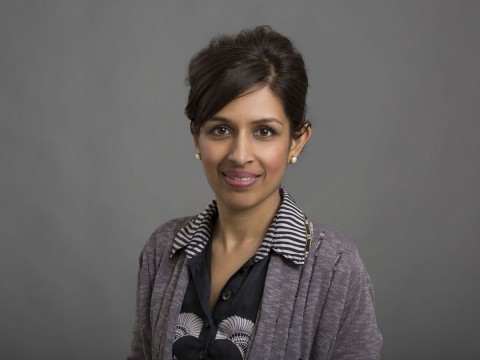Competency based medical education (CBME) is an outcomes-based time-independent concept that is informing curricular innovation across the country and beyond. The roll out of Entrustable Professional Activities (EPAs) has incited discussion about workplace-based assessment in the context of entrustment.
Hauer et al. provide a model for how trust enables clinical participation through five factors:
- The trainee earns trust as a result of competence and experience, attitudes and habits of mind, insight, self-confidence and willingness to ask for help
- The supervisor entrusts trainee based on own clinical competence, assessment expertise, familiarity with clinical context, attitudes and propensity to trust, and accountability
- The relationship between the supervisor and trainee entrustment is informed by shared expectations, amount of contact between supervisor and trainee
- Entrustment is dependent on context – familiarity and affordances in the workplace, workload, timing of observation and workplace culture
- Entrustment is dependent on task complexity, patient complexity, and risk
How has your institution used these domains to frame your assessment tools? Share your experiences on Twitter at #MedEdPearls and read prior posts on the Harvard Macy Community Blog!
Additional Resources:
Hauer KE, ten Cate O, Boscardin C, Irby DM, Iobst W, O’Sullivan PS. 2014. Understanding trust as an essential element of trainee supervision and learning in the workplace. Advances in Health Sciences Education 19:435–456.
Association of American Medical Colleges. 2017. Core Entrustable Professional Activities for Entering Residency.
#MedEdPearls are developed monthly by the Central Group on Educational Affairs. Previously, #MedEdPearls explored topics including writing multiple choice questions, small group instructional diagnosis, and ACGME faculty development requirements.
Author BIO

Shanu Gupta, Bachelor Medicine, is a Medical Educator and Internal Medicine Hospitalist. Shanu currently holds a position as Assistant Professor at the University of South Florida. Shanu’s areas of professional interest include clinical reasoning, simulation and faculty development. Shanu can be followed on Twitter or LinkedIn.
#MedEdPearls

Jean Bailey, PhD – Virginia Commonwealth University School of Medicine
Rachel Moquin, EdD, MA – Washington University School of Medicine

